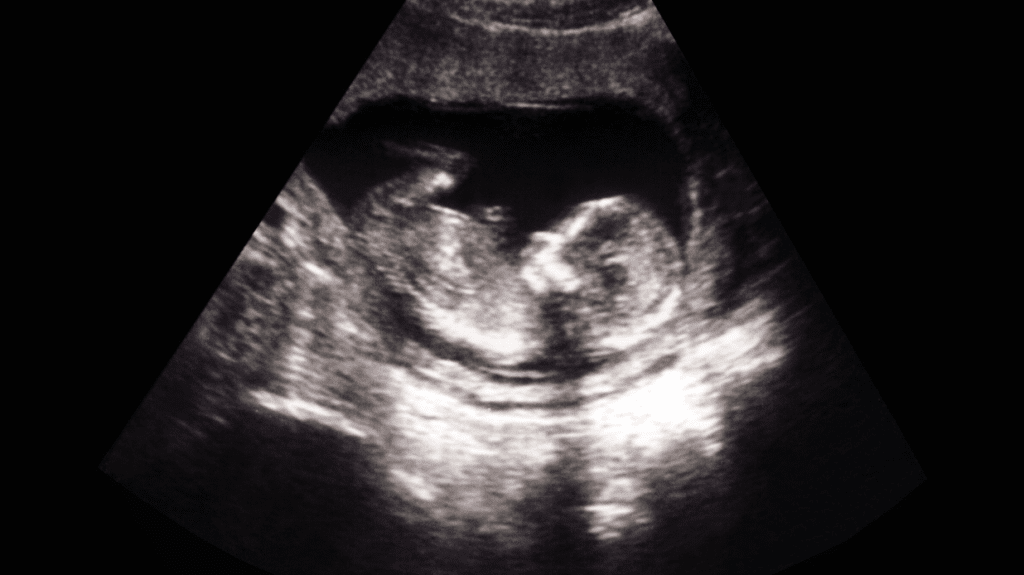Ultrasound gestation period
If you’re pregnant, you might be curious about how long your pregnancy will last.
The average pregnancy lasts about 40 weeks, or 280 days, from the first day of your last period.
However, your individual pregnancy can last anywhere from 37 to 42 weeks.
You can use an ultrasound gestation period calculator to get a more accurate estimate of your due date.
An ultrasound is a painless test that uses sound waves to create a picture of your developing baby.
Your doctor will likely order an ultrasound around 20 weeks of pregnancy.
During the ultrasound, the technician will measure the length of your baby from head to toe.
This measurement, along with the date of your last period, will be used to calculate your due date.
You can also use an online gestation period calculator.
To use this calculator, you’ll need to know the date of your last period and the average length of your menstrual cycle.
Enter this information into the calculator, and it will give you an estimate of your due date.
Remember, your due date is just an estimate.
Babies are born anywhere from 37 to 42 weeks after the first day of their mother’s last period.
So, even if you use an ultrasound gestation period calculator, your baby may still come early or late.

How to use an ultrasound gestation period calculator?
An ultrasound gestation period calculator is a handy tool for calculating the due date of a pregnancy. Here’s how to use one:
1. Enter the date of the mother’s last menstrual period (LMP) into the calculator.
2. Enter the date of the ultrasound exam into the calculator.
3. The calculator will give you the estimated due date of the pregnancy.
It’s important to keep in mind that the ultrasound date is just an estimate, and the actual due date may be different. If you have any questions, be sure to ask your healthcare provider.
The benefits of using an ultrasound gestation period calculator
If you’re pregnant, you’ve probably heard of the ultrasound gestation period calculator. This tool can help you and your healthcare provider estimate how far along your pregnancy is. Here are some benefits of using an ultrasound gestation period calculator:
1. You’ll know how far along you are: This is important information for both you and your healthcare provider. Knowing how far along you are can help you plan for the rest of your pregnancy and delivery.
2. You’ll have a more accurate due date: Ultrasounds are more accurate than using last menstrual period (LMP) to calculate due date. This is especially important if your LMP was irregular or you’re not sure when it was.
3. You can see your baby: Ultrasounds are a chance to see your baby for the first time (or again). It’s a special moment that you’ll cherish.
4. You can find out the baby’s sex: If you want to know the baby’s sex, you’ll need to have an ultrasound. This is usually done during the second trimester.
5. You can check for twins: If you’re at high risk for twins (or more), your healthcare provider will likely order an ultrasound to check.
6. You can check for problems: Ultrasounds can check for some birth defects and problems with the baby. This information can help you and your healthcare provider make decisions about your pregnancy and delivery.

The accuracy of ultrasound gestation period calculators
Ultrasound gestation period calculators are used to estimate the length of pregnancy. They are based on the average time it takes for a baby to develop in the womb.
Most calculators will give you an estimate of how far along you are in your pregnancy. This is usually expressed in weeks and days. For example, if you are 10 weeks and 5 days pregnant, the calculator will say that you are in your 11th week of pregnancy.
The accuracy of ultrasound gestation period calculators can vary depending on the individual woman and her pregnancy. For example, if a woman has an irregular menstrual cycle, the calculator may not be as accurate.
Ultrasound gestation period calculators are generally considered to be accurate within a few days. However, it is important to remember that they are only estimates. If you have any concerns about your pregnancy, you should speak to your doctor or midwife.
How to choose the best ultrasound gestation period calculator?
If you are pregnant, you may be wondering how to choose the best ultrasound gestation period calculator. There are a few things that you should consider when making this decision.
First, you should make sure that the calculator you use is based on the first day of your last period. This is the most accurate way to calculate your due date.
Second, you should look for a calculator that allows you to input the date of your last ultrasound. This will help to ensure that the calculator is as accurate as possible.
Third, you should look for a calculator that is easy to use. You should be able to input your information and get results quickly.
Finally, you should make sure that the calculator you use is reliable. You can check reviews online to see what other people have to say about the different calculators that are available.
By considering these factors, you can be sure that you choose the best ultrasound gestation period calculator for your needs.

The top ultrasound gestation period calculators
The internet is full of pregnancy information and resources, and there are plenty of excellent gestation period calculators available to help moms-to-be estimate their due date. Here are our top picks:
1. WebMD’s Pregnancy Due Date Calculator: This tool allows you to input either the first day of your last period or the date of your ovulation, and it gives you a fairly accurate estimate of your due date.
2. BabyCenter’s Due Date Calculator: Another great option, this one allows you to input the date of your last period or the date of your ovulation, and provides you with an estimated due date range.
3. The Bump’s Due Date Calculator: This one is similar to the others, but also allows you to input the date of conception (if you know it).
4. Mayo Clinic’s Pregnancy Calculator: This gestation period calculator is a bit different in that it only allows you to input the first day of your last period. However, it provides a more detailed breakdown of your estimated due date, week by week.
5. clearspringmd.com’s Gestation Period Calculator: This is a simple tool that only requires you to input the first day of your last period. It then provides you with a fairly accurate estimate of your due date.
All of these calculators are great resources to help you estimate your due date. However, it’s important to remember that these are only estimates, and your baby may come sooner or later than the date that is calculated.
